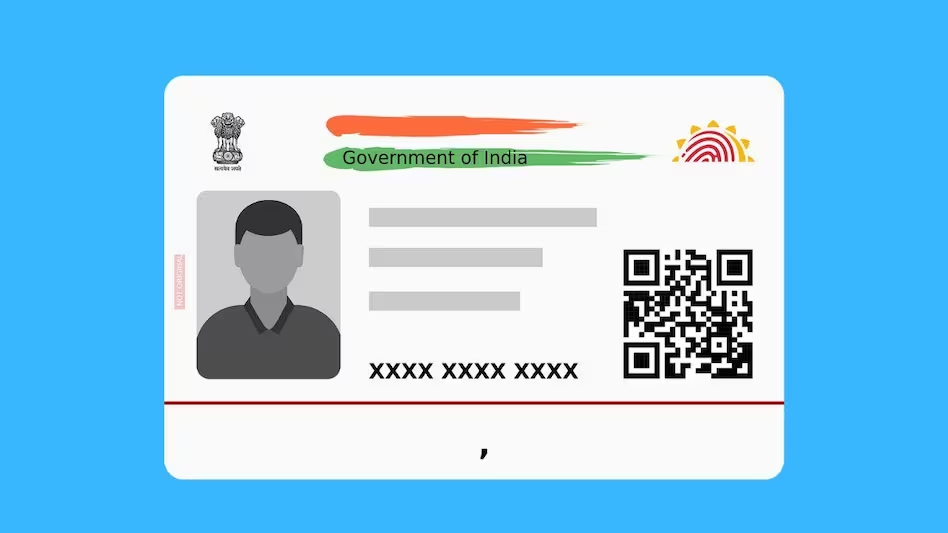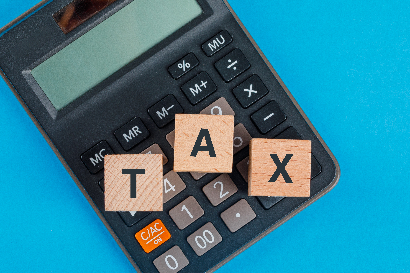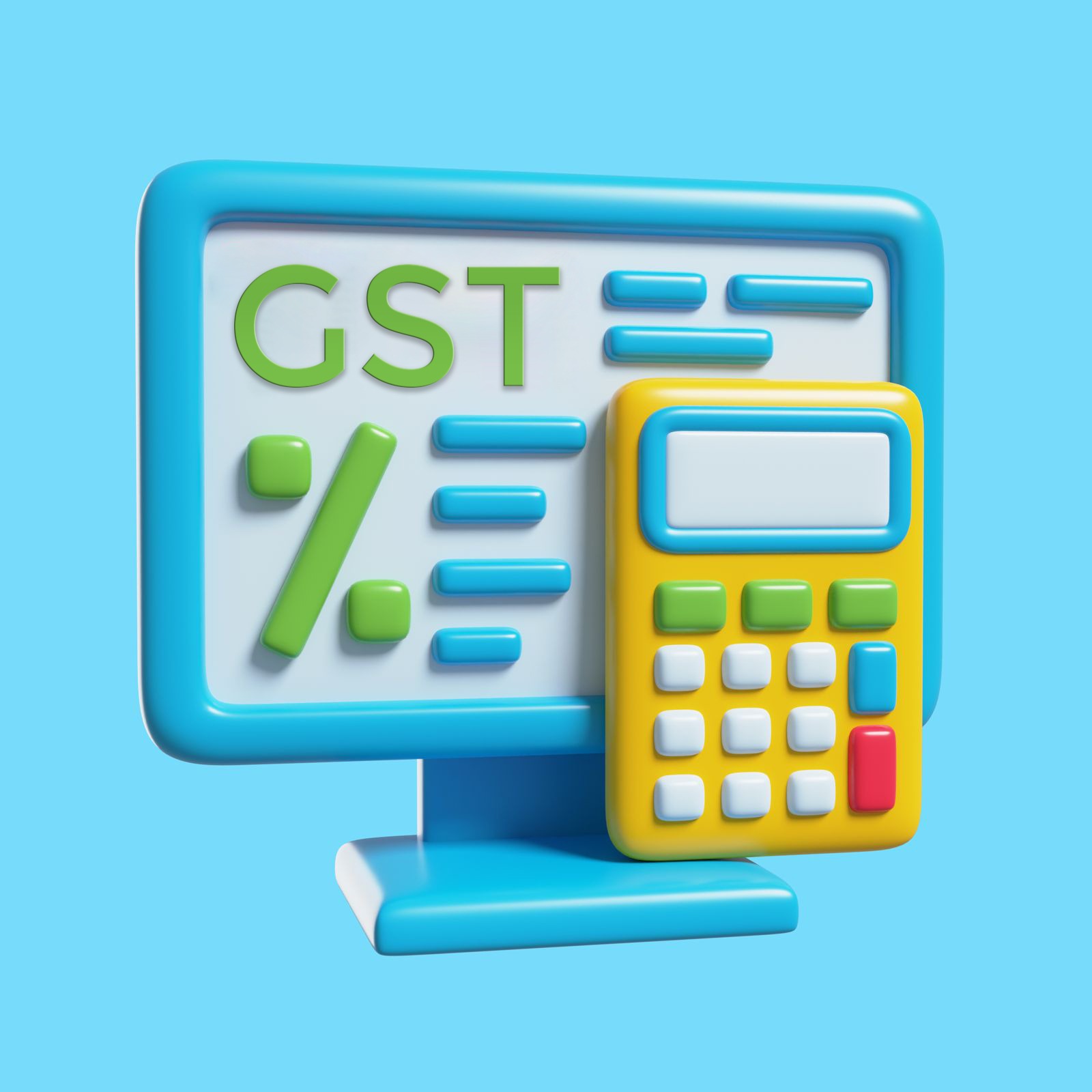
Facility for Exchange of Notes and Coins at Bank Branches
- Bank Services for Public:
All bank branches must provide these services to everyone:- Hand out new or good-quality notes and coins when asked.
- Exchange damaged or torn notes (small finance banks and payment banks can choose whether to provide this).
- Accept coins and notes for transactions or exchange.
- Equal Treatment:
- These services should be available to everyone on all working days.
- Some branches will also offer this facility on one Sunday each month (ask your bank for the list).
- No bank can refuse small denomination notes or coins.
- Handling Damaged Notes:
- Soiled Notes: These are dirty or slightly torn but complete notes. They should be accepted but not reissued to the public.
- Mutilated Notes: These are torn or missing parts. They can be exchanged at any branch, following RBI rules.
- Badly Damaged Notes: Burnt, charred, or stuck-together notes won’t be accepted at banks. People need to send these to the RBI Issue Office for evaluation.
- Simple Process for Exchange:
- Small amounts (up to 20 notes or ₹5,000 in value): Exchange over the counter for free.
- Large amounts (more than 20 notes or ₹5,000): Banks may take them for processing and pay later, possibly with a small fee.
- Special Cases:
- Notes with political messages or deliberate cuts won’t be accepted.
- Notes stamped “PAY” or “PAID” can’t be used again.
- Bank’s Responsibility:
- Banks should train their staff to handle these cases.
- Notices must be displayed, clearly stating that damaged notes and coins can be exchanged at the branch.
- Old Coins:
Coins of 25 paise or less are no longer valid since June 30, 2011. - Compliance:
- Bank managers will make surprise visits to check if branches follow these rules.
- Violations will be taken seriously by the Reserve Bank of India.
If you face any problems with this service, you can complain to the Banking Ombudsman.









